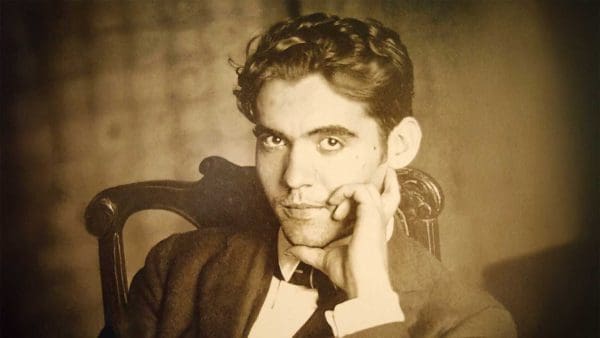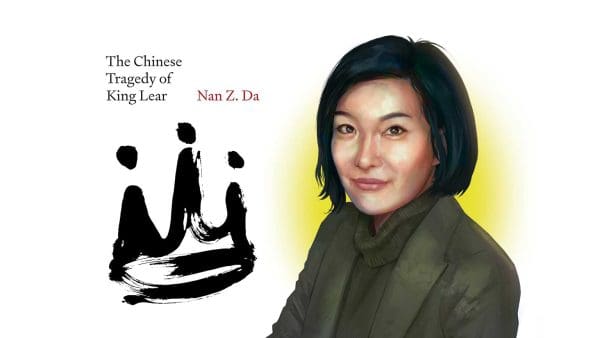As a regular reader of medical journals, pre-med student Lindsey Hutzler ’12 thought nothing between their pages could shock her. Then, perusing the medical archives at Hopkins, she came across an article revealing that Johns Hopkins, in academic year 1977–78, was the first medical school nationwide to implement a course on medical ethics in its core curriculum.
“Seeing as this is such as important aspect of educating physicians, and that it was only offered recently, came as a surprise,” Hutzler says.
It also became fodder for the Woodrow Wilson Fellow’s research project, The Rise of Ethics in the American Medical School Curriculum. Hutzler focused her research on the curricula of the three schools that pioneered ethics courses, and how those courses came to be required in all U.S. medical schools. The deeper Hutzler dug into the topic, the further intrigued she became.
Hutzler used several sources to confirm the veracity of her discovery. She spoke to bioethicists and physicians who developed medical ethics curriculum, interviewed professors who teach ethics, and pored over archived articles and medical school course directories dating back to the 1920s. This additional research verified Hutzler’s original finding.
Johns Hopkins’ inaugural ethics course, Ethics in Medical Care, was taught by two professors who presented ideas based on personal experience and philosophy. Philip Wagley, MD, who’d spent time in a sanitarium recovering from tuberculosis, was quoted in an archived July 2000 Baltimore Sun article as telling his students: “This is where I got the idea that you don’t treat a disease; you treat a patient with a disease.” The other professor, Neil Holtzman, MD, interested in issues of social justice and equality, developed and showed students a film illuminating the link between poverty and health disparities, primarily by showing the unhealthy living conditions of East Baltimore public housing residents. Through different approaches, both professors exposed students to ethical questions.
Two other institutions were early adopters of ethics courses, and those courses were shaped largely in response to societal influences. Weill Cornell Medical College’s original ethics course, launched in 1991, was informed by the history of medical ethics in the 20th century, whose landmark medical cases raised important questions about subjects such as patient voice, autonomy, and informed consent. Mount Sinai Medical School’s ethics course, started in 1987, was inspired largely by the then-popular anti-dissection movement and animal rights activism. The diversity dominating inaugural ethics courses continued with their spread.
Today, all American medical schools mandate ethics courses as part of their core curriculum. But Hutzler found the courses remain implicitly heterogeneous from one school to the next. A school’s geographic location and mission, plus its professors’ backgrounds and philosophies, influence content. Currently, schools aren’t required to cover particular subject areas to receive accreditation for ethics courses.
As for Hutzler, she believes the subject of her research—particularly as it pertains to the patient-physician relationship—will have a profound impact on her future career, long after she presents her findings at the Woodrow Wilson poster session in May. Hutzler is leaning toward a profession in obstetrics/gynecology, largely because it offers the opportunity to care for women throughout their life span. “Long-term relationships with patients are important to me,” she says.





